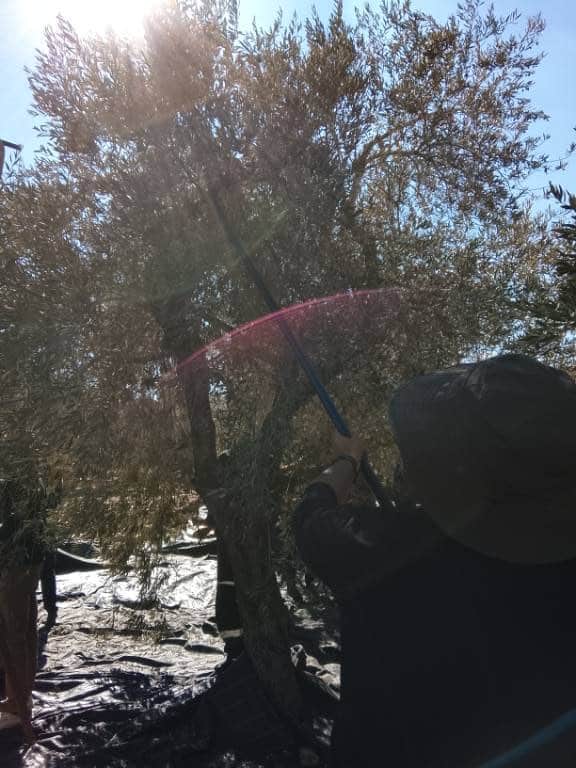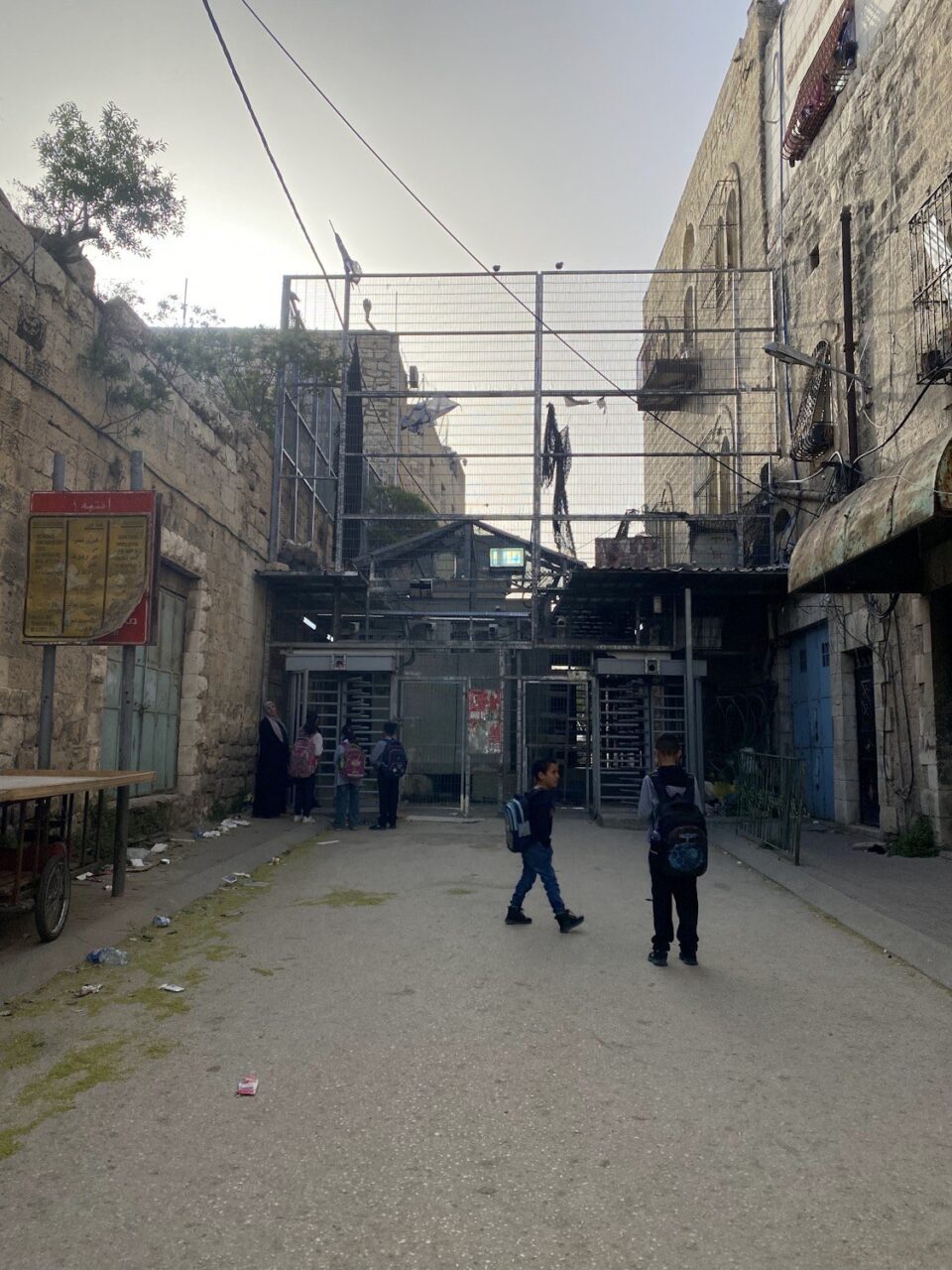Category: Journals
-
A Matriarch’s Memory
The West Bank city of Al-Khalil, known as Hebron in Hebrew, is one of the oldest continuously inhabited cities in the world- and one of the most painfully divided. It is a place where the word occupation stops being abstract. Above the ancient stone of the Old City, new concrete rises: Israeli settlements built directly…
-
Farmers Finally Able to Harvest Olives in Burin, Irak Burin and Madama After Days of Harassment
After two days of running from Israeli military, tear-gas, and armed settlers, Palestinians and their supporters successfully picked olives in three locations today: Burin, Irak Burin, and Madama. In Burin, a settler came and said that he was going to send in the military, so our Palestinian friends asked if we could help them pick…
-
Al-Khalil: Daily Indignities, Daily Injustices
October 16, 2025 Sadly, it is just another day. Just another day of monitoring Checkpoint 56 to see whether Palestinian children and teachers are allowed by Israeli soldiers to get to school in the morning and home in the afternoon. Just another day of watching boys and girls in their own hometown, laughing and carrying…



